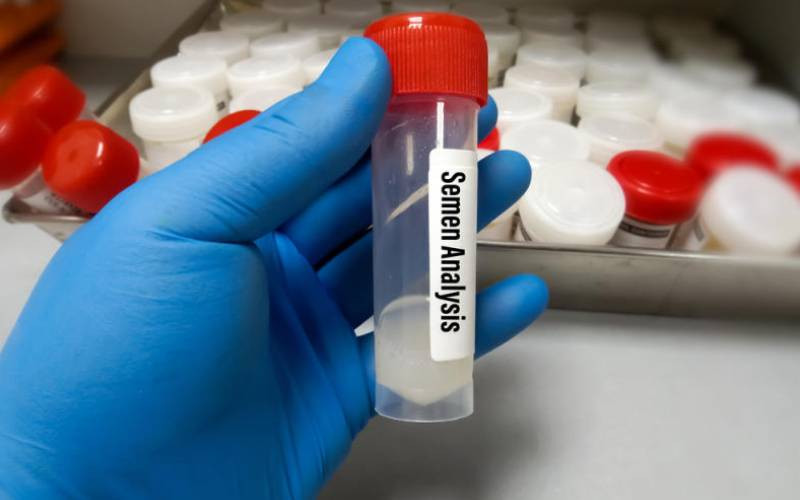×
The Standard e-Paper
Kenya’s Boldest Voice

In Vitro Fertilization (IVF) is a technology in which an egg (from a woman) is fertilized outside the human body (with sperms from a man), in a lab setting.
"The fertilized egg is then transferred into the womb of the woman where it should implant and develop into a pregnancy," explains Dr Kireki Omanwa, a fertility expert.